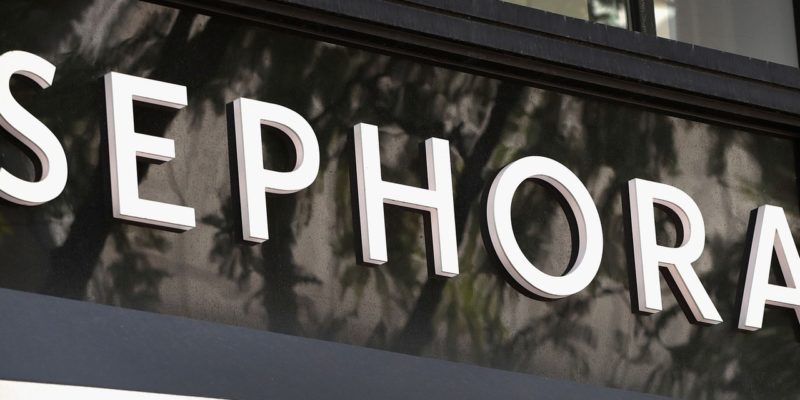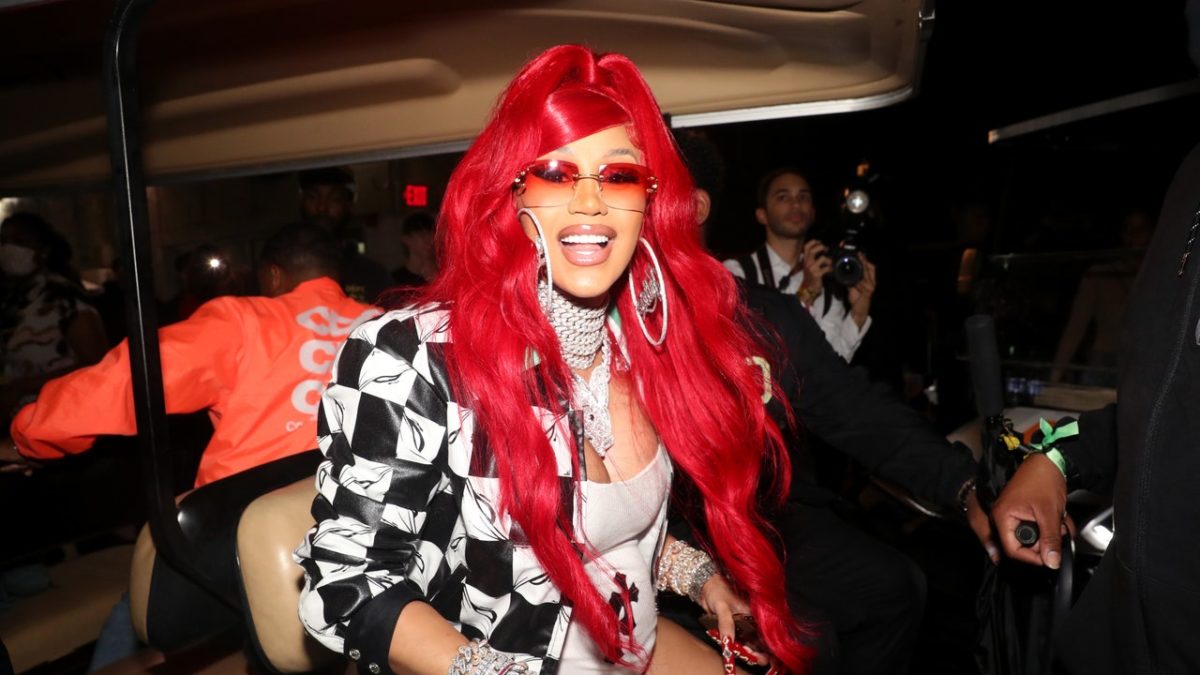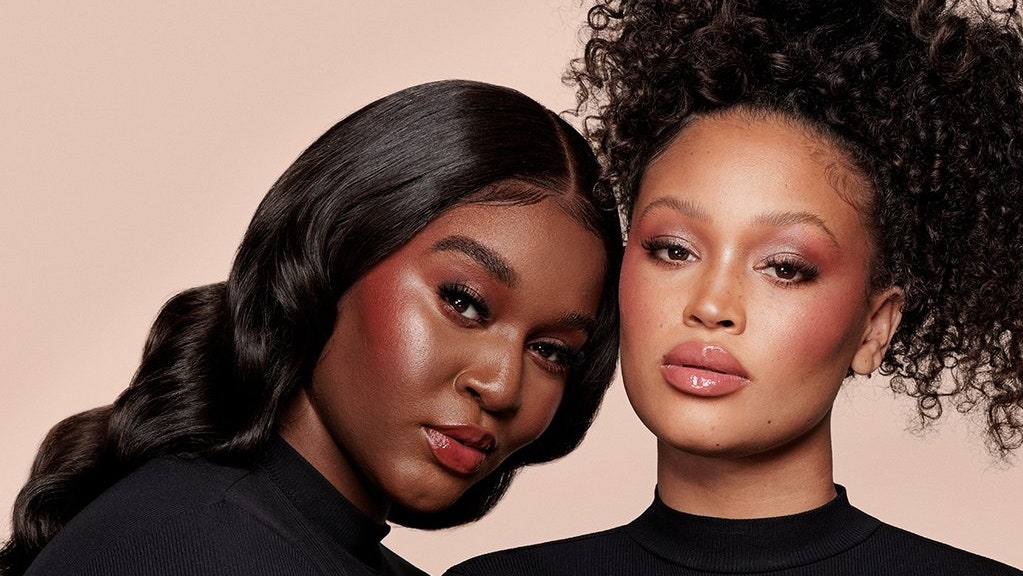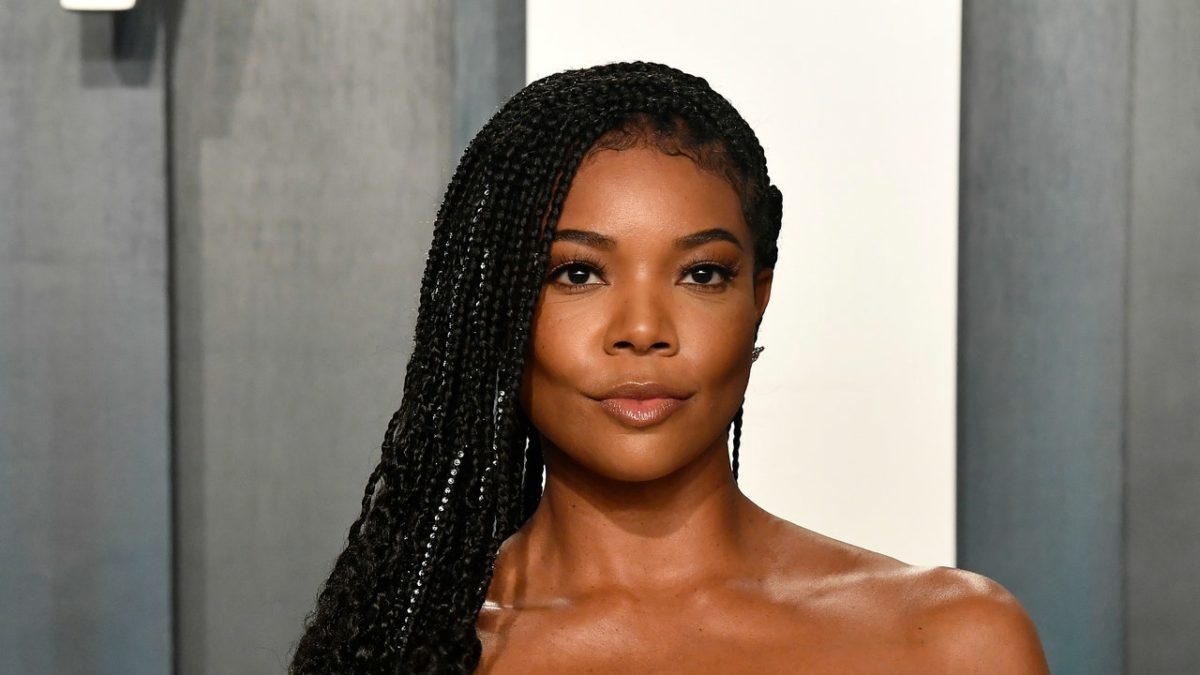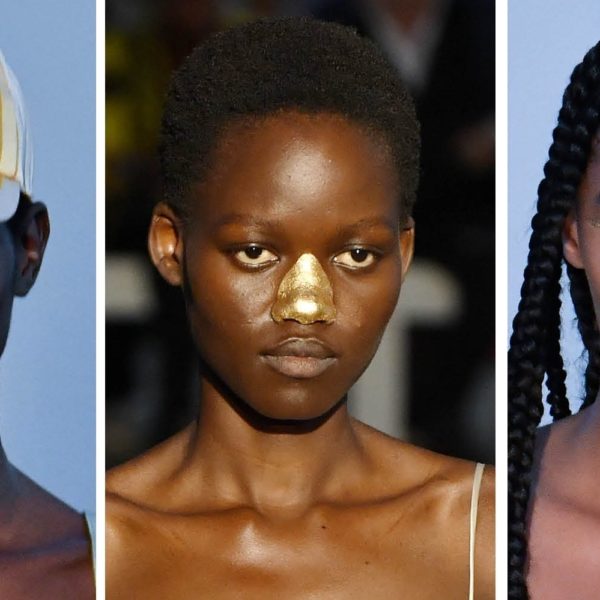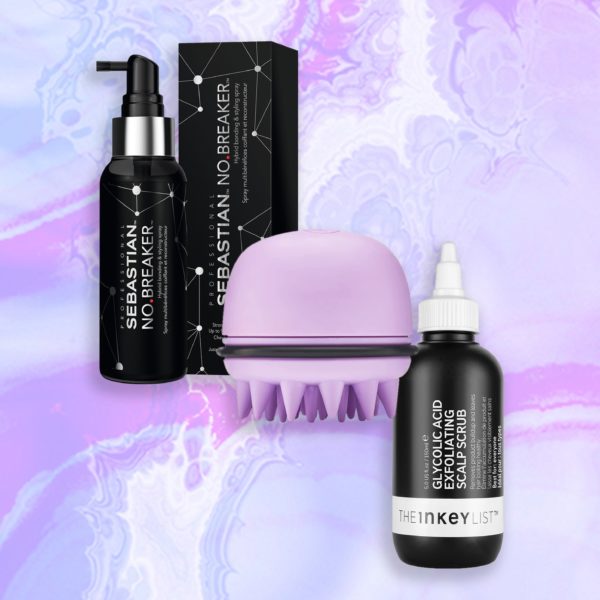Sephora Reveals Report on Racial Bias and New Action Plan
In this country, everything white folks (myself included) do is dripping with privilege — even walking into a store and buying a new lipstick or eye shadow. We don’t often feel targeted by retail workers, we can see people who look like us in the surrounding advertisements, and we’re altogether sure that we can come and go as we please without it being A Thing. But the retail experience for shoppers of color is wholly different, which nonwhite people have been pointing out since, well, forever — but a new study commissioned by Sephora proves it as fact.
In its research, Sephora found five key statements to be true regarding racial inequality between retail experiences. The first is that a lack of racial diversity within companies (both in-store retail workers and employees at the corporate level) results in exclusionary treatment that BIPOC (Black, Indigenous, and people of color) experience before they even walk into a store, meaning the majority of people notice a lack of diverse representation in marketing and think stores fail to stock products that represent a variety of shopper needs and preferences (i.e. products for kinky-curly hair).
The study also found that BIPOC shoppers feel they are judged due to their race by in-store employees, who often cite behavioral attributes rather than race as the reason for their judgment. That results in, the third truth that the study found, BIPOC shoppers using coping mechanisms while shopping to minimize or avoid mistreatment from employees and fellow shoppers. Unfair treatment (such as being accused of shoplifting) often occurs when BIPOC shoppers are browsing in-store, and many are likely to dress up nicely, chat with store employees, and avoid touching samples to lessen the risk of that treatment. Some shop online to sidestep mistreatment altogether.
The majority of BIPOC shoppers who have negative shopping experiences do not voice their concerns to retailers, even though twice as many BIPOC than white people say they have been treated unfairly due to ethnicity while shopping. That results in even less diversity within stores; three in five BIPOC shoppers are unlikely to return to a specific store after experiencing discrimination there.
Unsurprisingly, Sephora’s study concluded that long-term action from shoppers and retailers is necessary in order to change these harsh truths — but there has to be a genuine interest in equality in order for it to be effective. Sephora is using this study to step up for greater inclusion and encourages other retailers to do the same.

